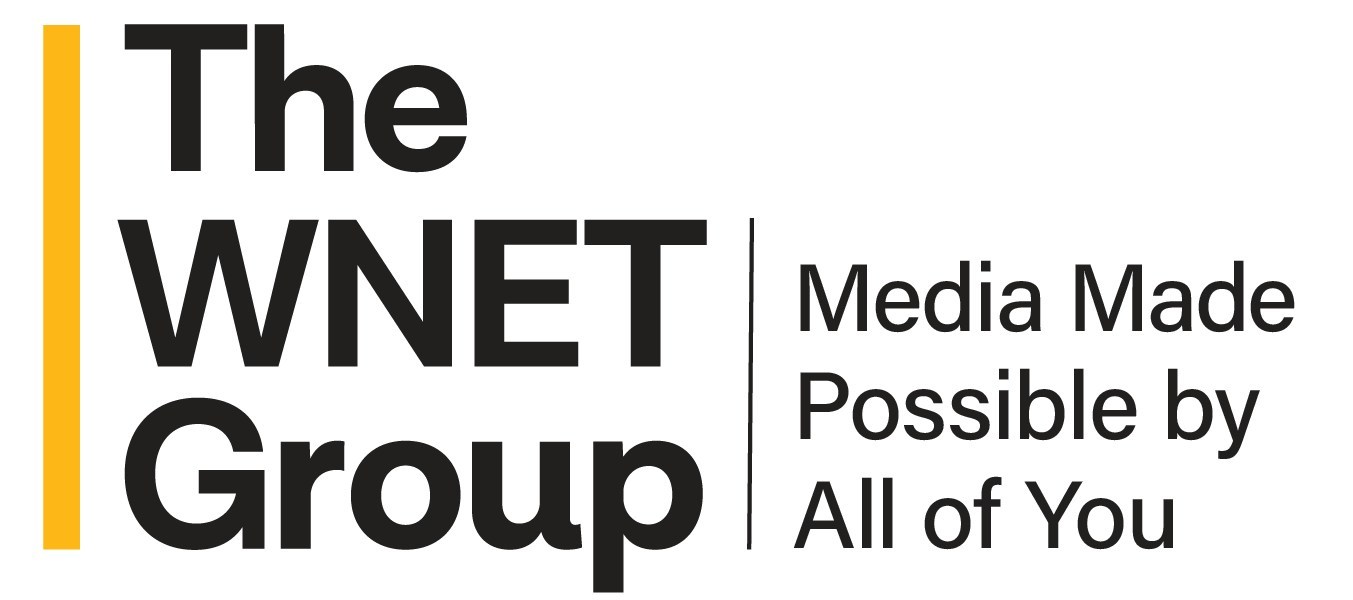Freescale UHF Smart Radio Costs Less Than $3
Freescale's new MC12311 Smart Radio announced earlier this week isn't designed to transmit TV signals, but it shows just how much the design of radios has changed. This radio, which is contained in an 8x8, 60-pin LGA package is designed to be used as a transceiver in smart grid systems, getting information from and controlling devices to control energy use, and in other applications, including medical devices, where two-way data communications is needed.
The MC12311 has impressive specifications: sensitivity of up to -120 dBm at 1.2 kbps or -105 dBm at 38.4 kbps, power output of -18 to +17 dBm in 1 dB steps, receiver front-end third-order IMD (IIP3) of −18 dBm, and an IIP2 of +35 dBm, and support for multiple modulation systems – GFSK, MSK, GMSK, and OOK. A block diagram shows the design of the MC12311.
Searching through the datasheet, I found the unit is able to operate in three bands: 290–340 MHz, 424-510 MHz, and 862-1020 MHz. It seems amateur radio operators could use the radios to build very low cost data transceivers for the 420-450 MHz band.
Sample quantities of the device are available now from Freescale. Pricing starts at $2.79 per unit in 1000 unit quantities.
Get the TV Tech Newsletter
The professional video industry's #1 source for news, trends and product and tech information. Sign up below.

Doug Lung is one of America's foremost authorities on broadcast RF technology. As vice president of Broadcast Technology for NBCUniversal Local, H. Douglas Lung leads NBC and Telemundo-owned stations’ RF and transmission affairs, including microwave, radars, satellite uplinks, and FCC technical filings. Beginning his career in 1976 at KSCI in Los Angeles, Lung has nearly 50 years of experience in broadcast television engineering. Beginning in 1985, he led the engineering department for what was to become the Telemundo network and station group, assisting in the design, construction and installation of the company’s broadcast and cable facilities. Other projects include work on the launch of Hawaii’s first UHF TV station, the rollout and testing of the ATSC mobile-handheld standard, and software development related to the incentive auction TV spectrum repack. A longtime columnist for TV Technology, Doug is also a regular contributor to IEEE Broadcast Technology. He is the recipient of the 2023 NAB Television Engineering Award. He also received a Tech Leadership Award from TV Tech publisher Future plc in 2021 and is a member of the IEEE Broadcast Technology Society and the Society of Broadcast Engineers.
